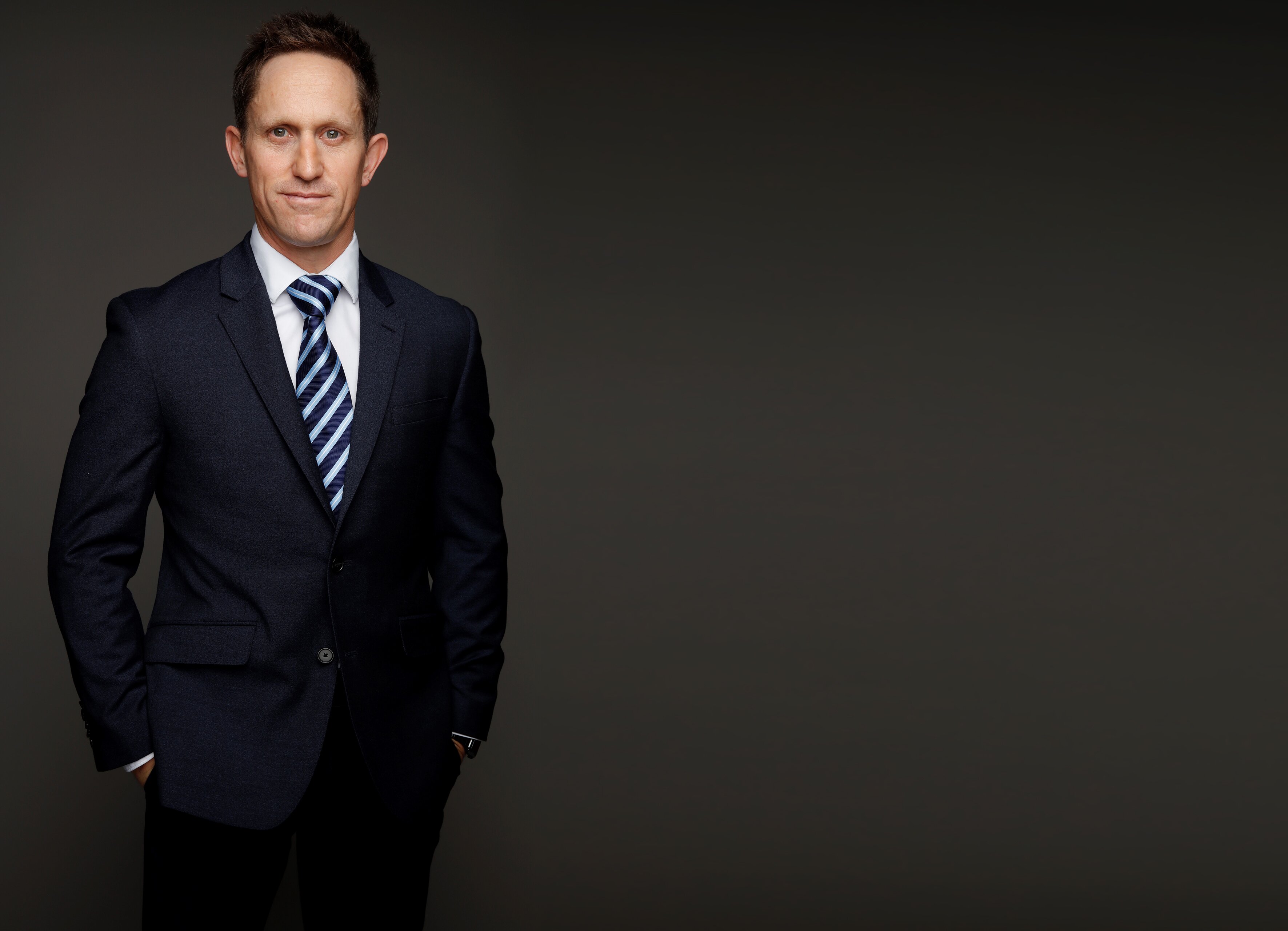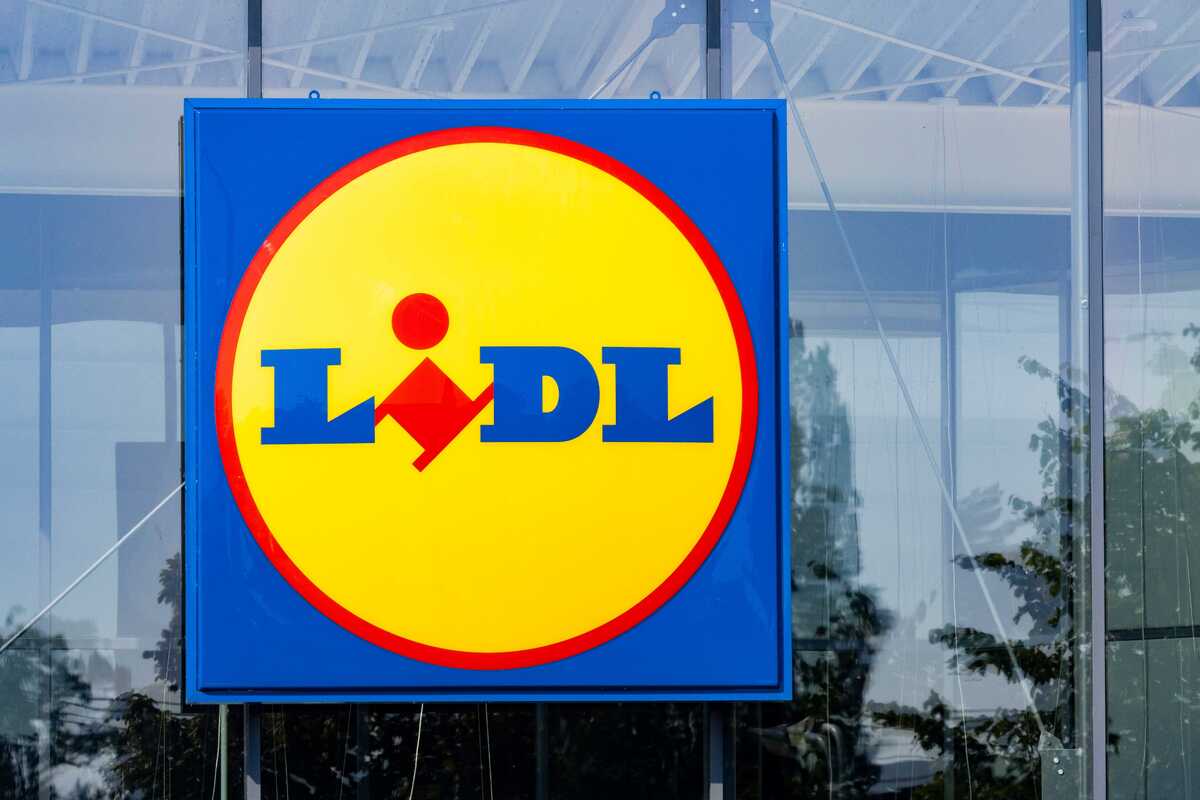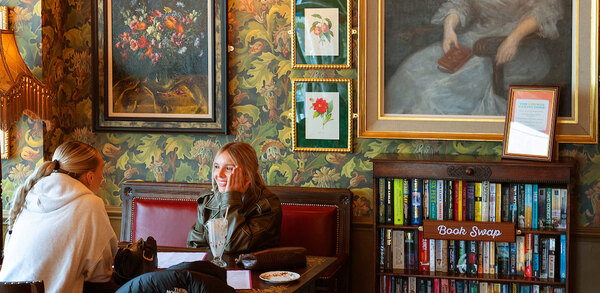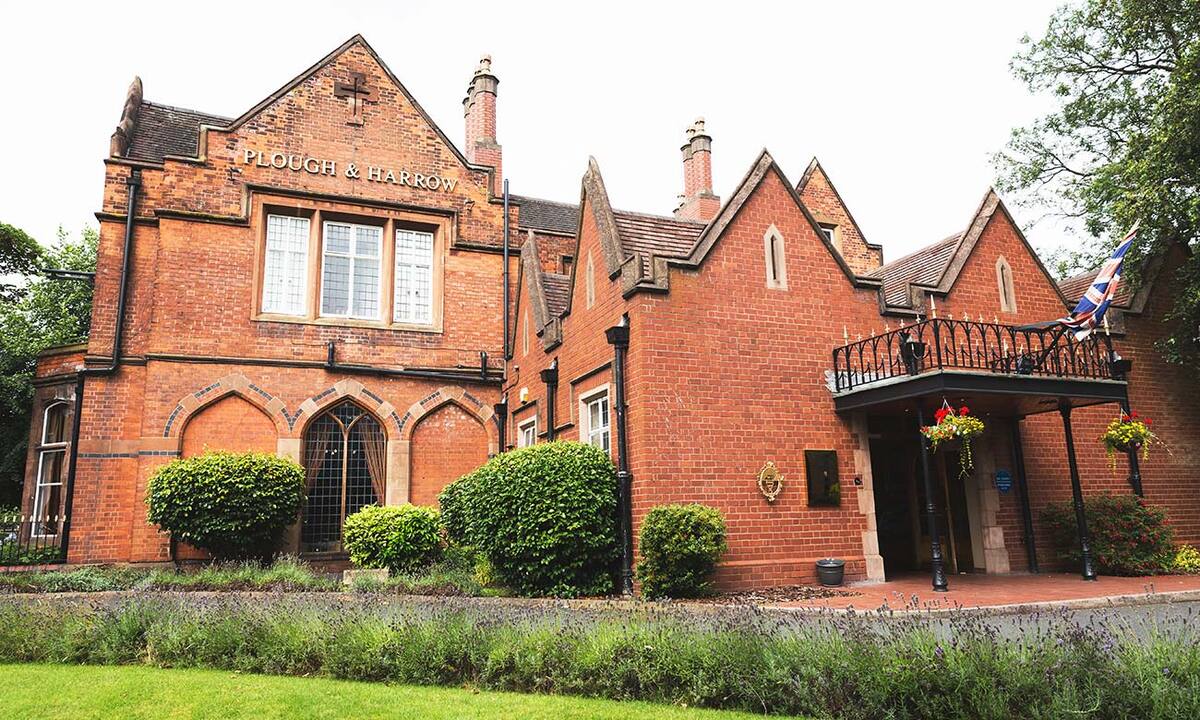Rob Paterson on how Best Western converted its hotels to discharge hospitals for recovering patients
Best Western GB was the first group in the UK to offer its empty hotels to support the NHS during the coronavirus outbreak, and two of its properties have since been turned into discharge hospitals. Rob Paterson, chief executive of the member organisation, speaks to Katherine Price
You were the first hotel group in the UK to offer your rooms to NHS patients – what inspired this?
It was Matt Hancock’s comments on The Andrew Marr Show. I saw that the NHS was challenged on capacity and some of the numbers were a bit alarming. We volunteered ourselves early on and it all snowballed from there.
Did local authorities and NHS trusts come to you or did you volunteer?
A bit of both. A lot came directly as a result of us putting our hands up.
Have you seen a lot of demand?
We did, initially. Local authorities were really thinking about if and when they get to that point, how do they deal with it? So, they started to plan ahead. Fortunately, the good news is that not a lot of extra beds were needed, which is great from a national health point of view.
Have any further hotels been turned into discharge hospitals following the first two in Dorset (the Grange at Oborne and the Best Western Rembrandt)?
We haven’t had any more beyond those two. We’re still working on a number of London sites, but they are slightly different. What they are for is to free up hospital beds by allowing Covid-19 patients who need monitoring for a couple more weeks to recover elsewhere. That way, those beds can be used for other hospital procedures, of which there is now a massive backlog. So that’s what we’re dealing with now.
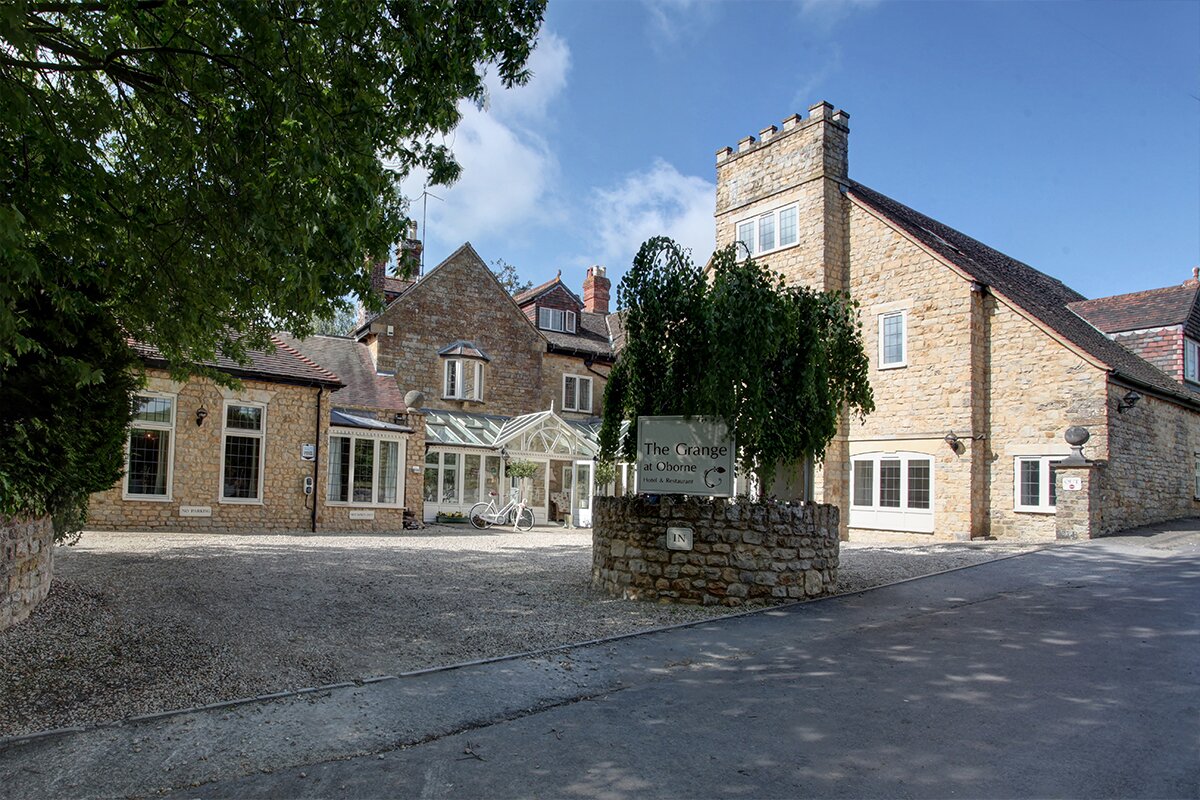
Is that in London specifically?
It’s actually all over the country. It’s really driven by capacity and how big the backlog is, and there are certain hotspots around the country that have flared up after their capacity was constrained.
How many of your member hotels do you see reopening for that purpose?
I suspect we’ve probably got about a dozen sites that will move in that direction. But they’re [for patients] considered to be very low risk, because the hotel environment is not conducive to being a care environment.
How is it working logistically?
We had to swap out all the beds in the two Dorset hotels, because beds for patients must have adjustable heights, they need to allow the patient to sit up in bed, and they need inflatable mattresses to deal with issues such as bedsores.
We had to go through a change of purpose, so our planning permission had to change and the insurance had to change, because the hotels have become care facilities. So there was quite a lot of work around that, particularly around fire regulation, as we needed the evacuation plans to be rewritten for a care facility. There were a lot of background intricacies that really took a lot of time, work and effort to get ourselves ready logistically.

Did the local authorities push that through?
They did. It was incredible, it was done under the Coronavirus Act, where they could move quickly and they were able to change planning permission within 24 hours. Normally you’re talking months.
What about cleaning the rooms?
In Dorset it was slightly different, that job was taken up by the care company, so our staff did not do the cleaning.
In other locations, we are working with the Care Quality Commission [CQC] to put in cleaning protocols that protect the staff and the patients from any spread of the virus. Typically, the patient will have a seven-day stay in quarantine, and they are quite able-bodied. We do an initial clean, which includes fogging, so it’s coronavirus-free.
It’s a real change in operations, but we’ve adapted to it pretty quickly
What is fogging?
The cleaners put on a big white suit, a bit like a spaceman, and they go into the room and spray a ‘fogging’ solution in the air, and that kills the coronavirus even in air particles, not just on surfaces, so the rooms are properly sanitised and disinfected prior to someone new coming in. I had no clue about these sorts of things a couple of weeks ago. The patients will stay in there for a week, and we don’t go into the rooms. If there’s a maintenance issue, we put them in another room. The virus only lives for 48 hours, so we’ll leave the room empty for two days before maintenance go in and fix any problems. We haven’t had too much of that happening, but we had to have protocol for it.
The cleaners don’t go in either; we literally just leave some towels, sheets and food outside the room and knock on the door, so it’s a quarantined environment.
Which employees have been kept on in the hotels?
It’s pretty limited. In all cases we have maintenance, which is important. If the lift goes down or the power goes down, particularly if it’s a care facility, it’s critical.
We have a general manager and typically a reception [team]. If a particular trust wants food preparation, we’ll have a chef as well. Each trust operates differently with regards to cleaning, so depending on their needs we may have cleaning staff as well.

It sounds like a real logistical change.
We had to think about clinical waste – we’ve never had to think about that; it’s a whole new world. There’s a protocol for cleaning and replacing the linen, which has to be double-bagged and tied up. The linen company needs to know if it’s coronavirus [related], as they have a different treatment for it.
We also did some training videos together with the CQC and the NHS on how to apply personal protective equipment [PPE] correctly and how to take it off safely too. It’s a real change in operations, but we’ve adapted to it pretty quickly and, touch wood, the government hasn’t needed to use the hotels as much as they first thought they would, which is good news for everyone.
Are hotel staff wearing PPE?
Yes, everyone’s wearing facemasks and there are disposable gloves. It just depends on what the trust wants us to do. If it involves going into the rooms and cleaning or fogging them, then there’s a little bit more of a detailed process to follow.
Are you confident hotel staff are protected?
Yes, absolutely. We have the exact same protection that NHS staff have in hospitals and we’ve worked with the NHS to make that happen. We feel confident as confident can be when you’re on the frontline.
We feel confident as confident can be when you’re on the frontline
Are councils paying the hotels?
What the hotels will do is work out what they need to not lose money and then they come to an agreement on that front. So it’s a case-by-case basis, depending on the size and need of the trust.
What is the situation for the rest of your members?
We’ve got 230 hotels closed and 51 open at the moment. All the closed hotels have taken up the furlough scheme. We have furloughed quite a large percentage of our central office team in York too.
We’re a not-for-profit membership organisation and we don’t have a reserve to fall back on, so it was really tough for us. We had to move quickly to protect our position so we could just survive.
Are your members still paying you?
We very quickly went out and said no fees for the next three months. We want all of our hotels to survive to the end of this. We’ve got no income for April, May and June, and that’s also to be revised, depending on what happens. We knew we were going into this with no income, so we had to really quickly mitigate all of our costs and also lean on the Coronavirus Business Interruption Loan Scheme [CBILS].
Have your member hotels been able to access CBILS?
Initially, the banks were really pushing commercial loans, but that quickly changed. We lobbied and – fair play to the government – they adjusted that quickly and did a great job. It’s been a bit of a saviour, along with the furlough scheme.
What else do you and your members need from the government now to help you survive?
The social distancing measures that are likely to come in will pretty much wipe out a number of hotels until next year. If you’re a hotel that relies on the wedding trade or if you’re a seasonal hotel relying on summer trade – typically seasonal hotels will lose money in the winter and make their money in the summer – they’re just not going to open [this year] because the opportunity for making money is gone.
The government has opened the dialogue and it’s engaging with the needs of the industry, and Kate Nicholls from UKHospitality has been incredible.
You’re also backing the sector’s insurance payout campaign – is that a problem for your members?
It is, and that’s where we’re really focusing our lobbying at the moment.
What is your outlook for 2020? Is it a lost year for hospitality?
A lot of hoteliers are still going to lose a lot of money, but the fact the government has put together the furlough scheme and CBILS will go a long way to helping hotels survive. But, certainly, everyone’s going to run at a significant loss for 2020.
What was your response to the government’s three-step phased reopening plan?
We were encouraged by the gradual easing of restrictions and a step towards reopening the economy. Safety must be the number one priority, which must be accompanied with the relevant financial support or else many hotel businesses simply will not survive.
Many of our hoteliers still haven’t received any form of loan support (CBILS or Commercial) and insurers continue to avoid their responsibilities where their policies are clear. We desperately need the government to step in so we can continue to remain closed with the uncertainty of when scientific circumstances will be right for us to reopen. That support is desperately needed now.
Are your members thinking about reopening?
We are starting to work on plans for reopening. We think hygiene will be an important factor in consumer choice, so we’re starting work on what protocols we need to safely reopen and what we need to do to give confidence to the consumer. We will have some hotels trading this year, but many of those hotels that are wedding or event-related or seasonal simply won’t open until next year, so we’ve got a bit of a mixed bag within Best Western.
As a group with members spread across the UK, do you think it’s important the country has a unified approach to reopening?
I think we should have a unified approach, but unfortunately, I don’t think we will. It seems that politics is perhaps playing a higher role than collaboration on this one.
Do you know what ‘hygiene confidence’ could mean? Accor and Hilton have launched their own hygiene standard labels, for instance.
Kate Nicholls pulled together all the groups – Marriott, Hilton, Accor, us, Premier Inn, Travelodge, IHG – on a conference call and together we started discussing if we need an industry approach to this.
What we don’t want to have is an arms race to ‘I’ve got the cleanest hotel’. We think it makes more sense to collaborate and have unified approach to the protocols we’ll be following as an industry. It’ll be interesting to see how that evolves, but we’re definitely working on our own protocols for our own members to follow and a campaign to support that. It’s going to be such a critical factor. I heard someone say recently that ‘hygiene is the new luxury’.
Is the industry working together?
Absolutely, the time to come together is now. This is not about trying to point score – it’s about getting our industry through this and out the other side in the best shape we possibly can. That, from what I can see, is what all the industry and brand leaders are doing. It’s been quite inspiring and it has also been led quite inspiringly by Kate Nicholls.
Best Western GB’s response to coronavirus
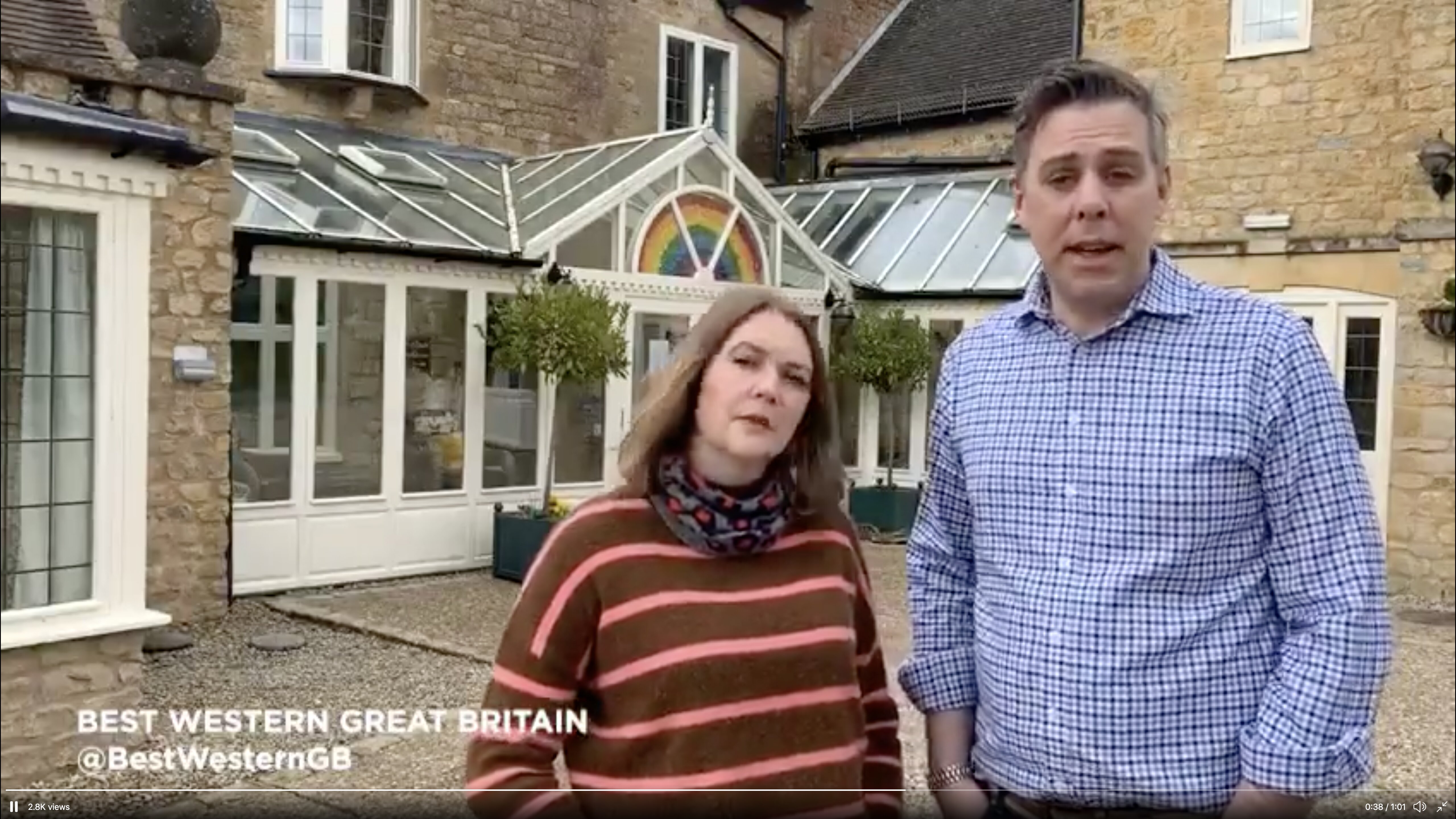
After health secretary Matt Hancock suggested that empty hotels could be “ready-built facilities for looking after people”, Best Western GB was the first group to put its hand up and offer its properties for additional bed space.
The group, a membership organisation of independent hotels across the UK, offered 15,000 bedrooms (representing more than 90% of the group’s member hotels) and more than 1,000 meeting rooms to support NHS staff, care workers, families, lower-risk patients and the over-70s, to help take the strain off hospital wards.
Two hotels in Dorset were the first in the UK to be turned into discharge hospitals last month to support low-risk patients and care workers. The Grange at Oborne is accommodating 12 patients and six carers, while the Best Western Rembrandt in Weymouth has taken in 31 patients and 13 carers.



